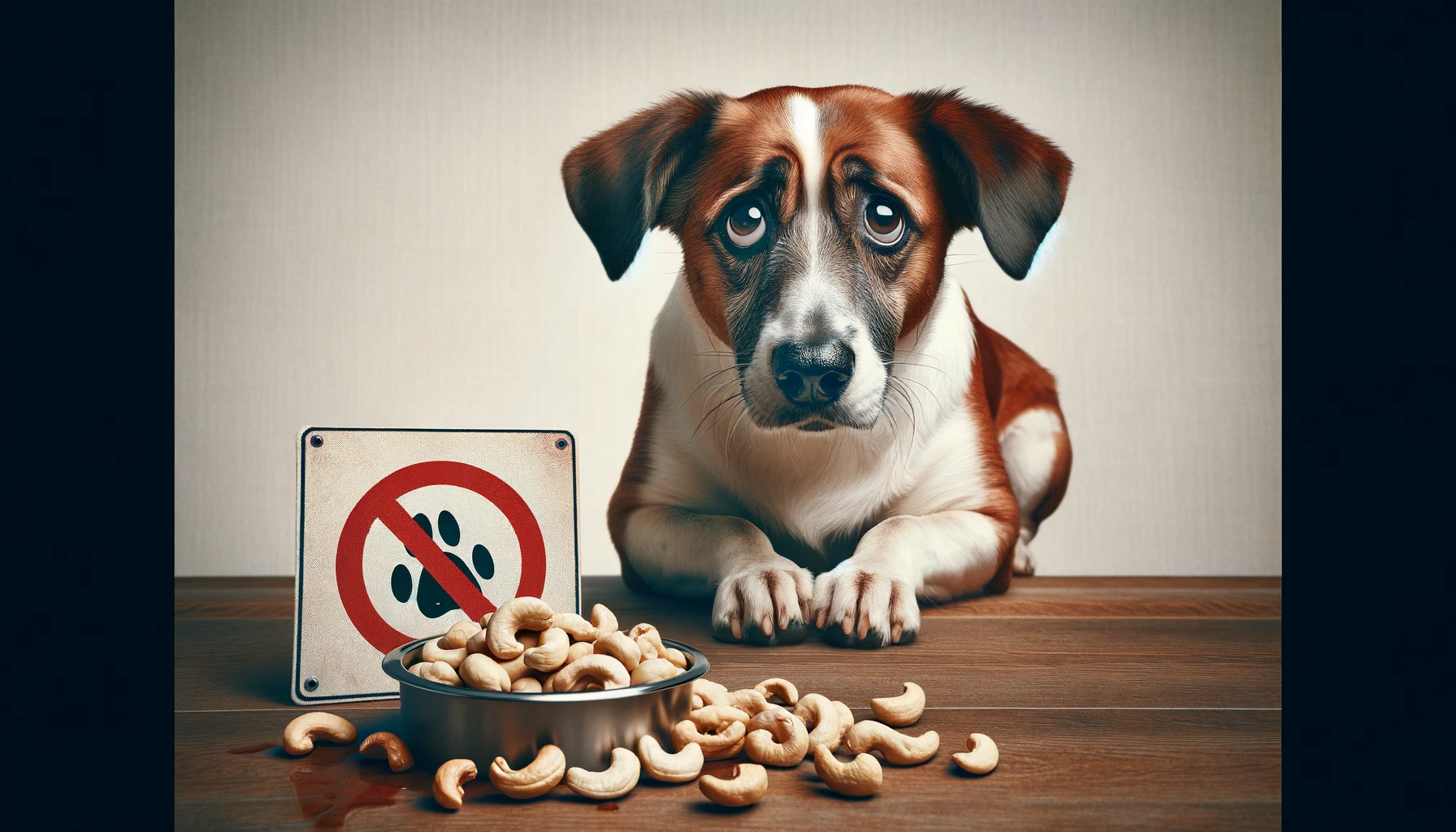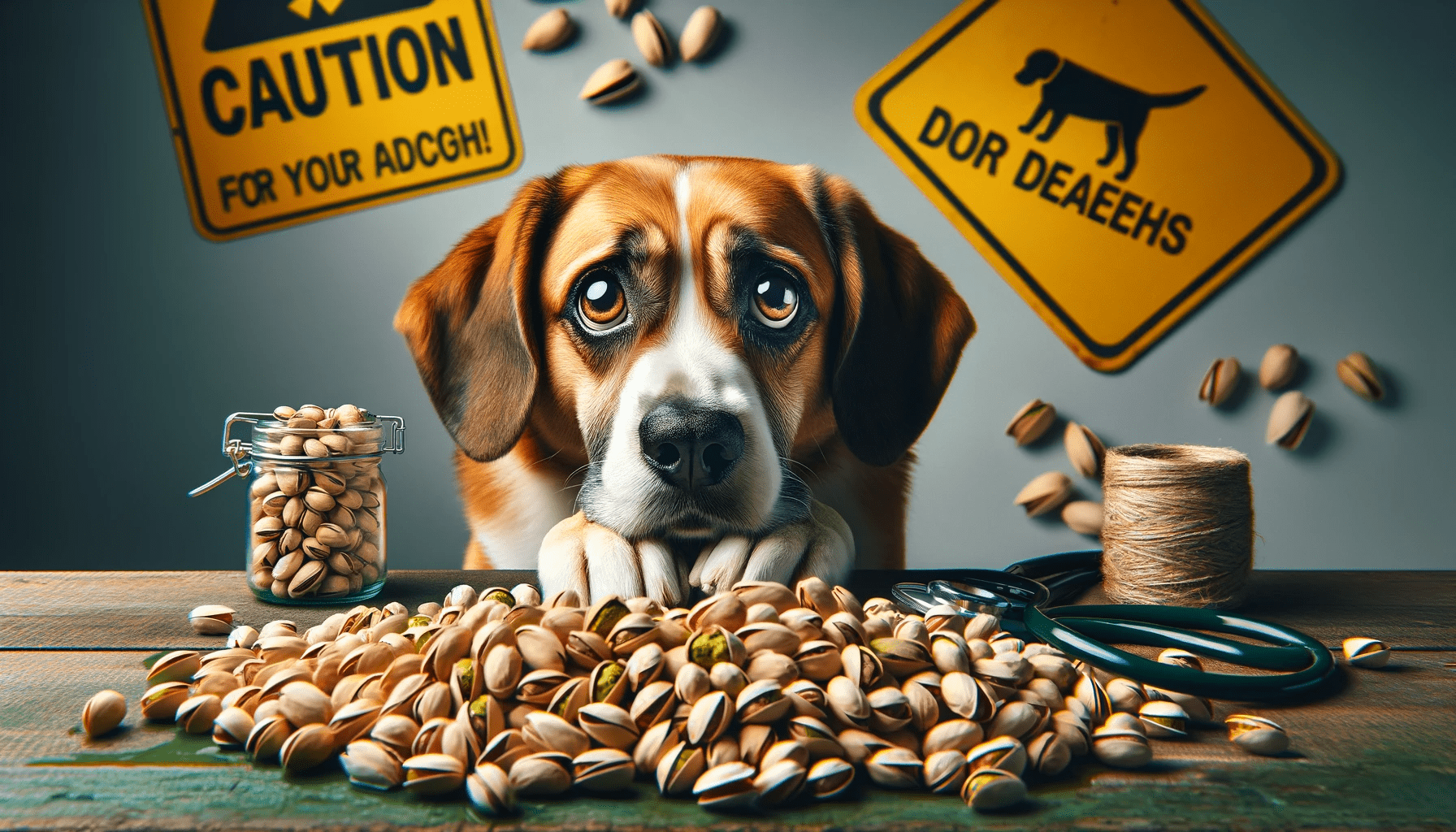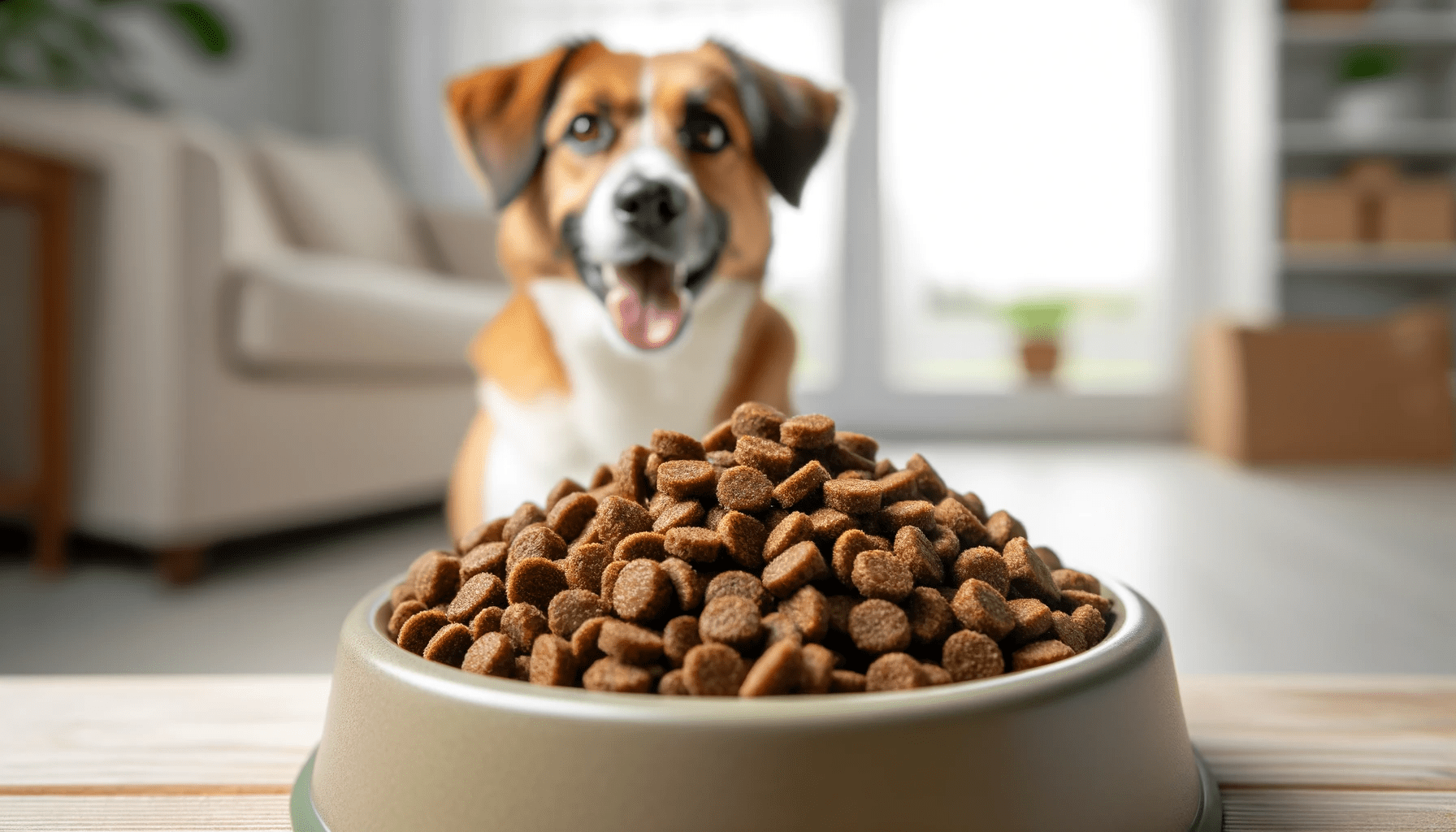Are you looking to improve your dog's coat and skin health? Discover the key factors that play a vital role in optimizing your furry friend's well-being.
From the importance of protein and essential fatty acids to the impact of vitamins, minerals, and hydration, this article provides you with scientific insights to help you make informed decisions.
Learn how antioxidants, dietary allergies, and balanced nutrition can contribute to a healthier coat and skin.
Get ready to enhance your dog's overall health starting today.
Key Takeaways
- Adequate protein intake is crucial for maintaining a healthy coat and skin in dogs.
- Including sources of omega-3 fatty acids, such as fish oil and flaxseed, can promote a shiny coat and reduce inflammation.
- Vitamins and minerals, especially antioxidants like vitamins A, C, and E, are essential for healthy skin and a glossy coat.
- Proper hydration is important for maintaining a shiny and lustrous coat, as dehydration can lead to dry and dull skin.
The Role of Protein in Coat and Skin Health
To optimize your dog's coat and skin health, prioritize a protein-rich diet. Protein plays a crucial role in maintaining the health and condition of your dog's coat and skin. Adequate protein intake ensures the production of essential amino acids, which are the building blocks of healthy skin cells and hair follicles.
When it comes to protein sources for dogs, lean meats such as chicken, turkey, and beef are excellent options. These meats provide high-quality proteins that are easily digestible and contain essential amino acids needed for optimal coat and skin health. Additionally, fish, such as salmon or sardines, are rich in omega-3 fatty acids, which can help reduce inflammation and promote a shiny and lustrous coat.
It is important to meet your dog's specific protein requirements for coat and skin health. The amount of protein needed can vary depending on your dog's age, breed, size, and activity level. Generally, adult dogs require about 18-25% of their daily calorie intake to come from protein. Puppies and active dogs may have higher protein requirements.
Essential Fatty Acids for a Healthy Coat
To optimize your dog's coat and skin health, it's important to understand the role of essential fatty acids.
One key type of fatty acid is omega-3, which provides numerous benefits for your dog's coat. Omega-3 helps to balance fatty acid ratios, promoting a healthy and lustrous coat.
Omega-3 Benefits for Coat
You can improve your dog's coat health by incorporating essential fatty acids, such as omega-3, into their diet. Omega-3 is a type of polyunsaturated fat that has numerous benefits for your dog's coat. Here are some key points to consider:
- Omega-3 sources:
- Fish oil: Rich in omega-3 fatty acids, fish oil is a popular supplement for promoting a healthy coat in dogs.
- Flaxseed: Another great source of omega-3, flaxseed can be added to your dog's diet for a boost of essential fatty acids.
- Omega-3 dosage:
- The recommended dosage of omega-3 for dogs varies depending on their size and health condition. It's best to consult with your veterinarian to determine the appropriate dosage for your furry friend.
Balancing Fatty Acid Ratios
Achieving a healthy coat for your dog involves balancing the ratios of essential fatty acids. Fatty acids play a crucial role in maintaining the skin's barrier function and promoting a lustrous coat.
Dogs require a balance of omega-3 and omega-6 fatty acids, with an emphasis on omega-3s. A deficiency in these essential fatty acids can lead to dry, flaky skin and a dull, brittle coat.
To ensure your dog receives an adequate intake of fatty acids, you can incorporate natural remedies into their diet. Fish oil, rich in omega-3s, can be added to their food or administered as a supplement. Flaxseed oil and chia seeds are also excellent sources of omega-3s.
Vitamins and Minerals for Skin Health
To maintain healthy skin, your dog requires essential nutrients such as vitamins and minerals. These nutrients play a crucial role in promoting skin health and addressing various skin issues.
Vitamin supplements can provide additional benefits, while mineral deficiencies can be remedied through dietary adjustments or supplementation.
Essential Nutrients for Skin
Proper nutrition plays a crucial role in maintaining your dog's skin health. Providing your dog with essential nutrients is important to support healthy skin and a shiny coat.
Here are some key nutrients that are beneficial for your dog's skin:
- Protein requirements:
- Protein is essential for healthy skin as it helps in the formation of collagen, which is responsible for the strength and elasticity of the skin.
- Good sources of protein for dogs include lean meats like chicken, turkey, and fish.
- Benefits of antioxidants:
- Antioxidants such as vitamins A, C, and E help protect the skin cells from damage caused by free radicals and environmental stressors.
- Foods rich in antioxidants, like blueberries, carrots, and spinach, can help promote healthy skin and a glossy coat.
Benefits of Vitamin Supplements
Boost your dog's skin health and enhance their coat's appearance with the benefits of vitamin supplements. Vitamin deficiencies can lead to various skin issues in dogs, such as dryness, flakiness, and dull coat. Supplementing your dog's diet with vitamins can help address these deficiencies and promote healthy skin and a shiny coat.
When it comes to vitamin supplements, it's important to ensure that you provide the recommended dosage for your dog's size and breed. The dosage may vary depending on the specific vitamin and your dog's individual needs. Consulting with your veterinarian is crucial in determining the appropriate vitamin supplementation for your furry friend.
Vitamin E is one of the essential vitamins for skin health. It acts as an antioxidant, protecting the skin from damage caused by free radicals. Another important vitamin is vitamin A, which promotes cell turnover and aids in maintaining a healthy skin barrier.
Mineral Deficiencies and Remedies
Improve your dog's skin health and enhance their coat's appearance by addressing mineral deficiencies and utilizing remedies that include both vitamins and minerals. Mineral deficiencies can lead to various skin problems, such as dryness, flakiness, and itchiness.
To ensure your dog's skin and coat are in optimal condition, consider the following remedies:
- Nutritional supplements: Provide your dog with a balanced diet that includes essential minerals like zinc, copper, and selenium. These minerals play a vital role in maintaining healthy skin and promoting hair growth.
- Zinc supplements: Zinc is crucial for skin health and wound healing. It also helps regulate oil production, preventing dry skin and dandruff.
- Omega-3 fatty acids: These healthy fats not only improve overall coat condition but also have anti-inflammatory properties, reducing skin irritation and allergies.
Hydration and Its Effect on Coat Condition
To maintain a healthy coat condition for your dog, it's crucial that you understand the impact of hydration. Adequate hydration plays a significant role in promoting a shiny and lustrous coat. Water is essential for maintaining skin health, and dehydration can have detrimental effects on your dog's coat.
Hydration is directly linked to coat shine. When a dog is properly hydrated, it helps to keep the skin moisturized, which in turn enhances the natural oils that contribute to a glossy coat. Dehydration, on the other hand, can lead to dry and flaky skin, resulting in a dull and lackluster coat.
Water is vital for skin health as well. It helps to flush out toxins and maintain the skin's elasticity. Proper hydration ensures that the skin remains supple and moisturized, preventing dryness and irritation. This is especially important for dogs with sensitive skin or those prone to skin conditions such as dermatitis or allergies.
Encouraging your dog to drink enough water is key to maintaining their coat and skin health. Ensure that fresh, clean water is always available for your furry friend. Consider providing a water bowl in multiple locations throughout your home to encourage regular hydration.
The Impact of Antioxidants on Skin Health
Antioxidants play a crucial role in maintaining your dog's skin health. These powerful compounds help protect the skin from damage caused by free radicals, which are unstable molecules that can lead to inflammation and premature aging. By neutralizing these free radicals, antioxidants help reduce inflammation and support healthy skin function.
Here are two ways antioxidants impact your dog's skin health:
- Antioxidants and Inflammation:
- Antioxidants help reduce inflammation in the skin by neutralizing free radicals that can trigger an inflammatory response.
- Inflammation is often associated with skin conditions such as dermatitis, allergies, and hot spots. By incorporating antioxidants into your dog's diet or skincare routine, you can help alleviate inflammation and promote healthier skin.
- Antioxidants and Aging:
- As dogs age, their skin undergoes natural changes, including a decrease in collagen production and increased oxidative stress.
- Antioxidants can help combat the effects of aging on the skin by reducing oxidative stress and promoting collagen synthesis.
- By incorporating antioxidant-rich ingredients into your dog's diet, such as fruits and vegetables, you can help support their skin's natural aging process and maintain a youthful appearance.
Incorporating antioxidants into your dog's skincare routine and diet can have a significant impact on their skin health. By reducing inflammation and supporting healthy aging, antioxidants can help keep your dog's skin looking and feeling its best.
Dietary Allergies and Skin Issues
If your dog has dietary allergies, it can significantly impact their skin health. Food sensitivities can lead to various skin issues in dogs, causing discomfort and irritation. Common skin conditions that can arise from dietary allergies include dermatitis, itching, redness, and even hair loss. These allergies are typically caused by specific ingredients in your dog's diet, such as grains, dairy, or certain proteins.
When your dog consumes a food they're sensitive to, their immune system reacts by releasing histamines, which can trigger an inflammatory response in the skin. This can result in itching, rashes, and other skin problems. It's important to identify and eliminate the allergen from your dog's diet to alleviate these symptoms.
To determine the exact food sensitivities, your veterinarian may recommend an elimination diet or allergy testing. An elimination diet involves removing potential allergens from your dog's diet and gradually reintroducing them to identify the specific trigger. Allergy testing can help identify specific food allergens more quickly and accurately.
Once the allergens are identified, your veterinarian will guide you in selecting an appropriate diet for your dog. This may involve switching to a hypoallergenic or limited ingredient diet, which avoids common allergens. It's important to closely monitor your dog's skin health and make necessary dietary adjustments to manage their allergies and promote healthy skin.
The Importance of Balanced Nutrition for Coat and Skin Health
Maintaining a balanced diet is crucial for your dog's coat and skin health. A well-rounded, nutritious diet provides the necessary nutrients for a healthy coat and skin. Here are the reasons why a balanced diet is important for your dog's coat and skin health:
- Balanced diet: A balanced diet contains the right proportions of essential nutrients, such as proteins, fats, carbohydrates, vitamins, and minerals, that are necessary for your dog's overall health. These nutrients play a vital role in maintaining a healthy coat and skin.
- Proteins: Protein is essential for the growth and repair of cells, including those in the skin and coat. It helps in the production of keratin, the main structural component of hair and nails.
- Fats: Healthy fats, such as omega-3 and omega-6 fatty acids, promote a healthy, shiny coat and prevent dryness and flakiness. They also have anti-inflammatory properties, which can help alleviate skin irritations and allergies.
- Nutritional requirements: Dogs have specific nutritional requirements for optimal coat and skin health. These requirements vary based on factors such as age, breed, size, and activity level. Consulting with a veterinarian can help determine the right balance of nutrients for your dog's specific needs.
Frequently Asked Questions
Can Grooming Practices Affect My Dog's Coat and Skin Health?
Yes, grooming practices can have a significant impact on your dog's coat and skin health. Regular brushing, bathing, and trimming can help maintain a healthy coat, while proper nutrition plays a vital role in promoting skin health.
How Often Should I Bathe My Dog to Maintain a Healthy Coat?
To maintain a healthy coat, bathe your dog regularly. The frequency depends on your dog's breed, activity level, and skin condition. Use the best shampoos for your dog's coat type to promote optimal skin health.
Are There Any Specific Dog Breeds That Are More Prone to Skin Issues?
Certain dog breeds have a higher tendency for skin issues due to genetic factors. These breeds may require extra care and attention to maintain their skin health. Regular grooming and a proper diet can help prevent and manage these issues.
Can Certain Environmental Factors Affect My Dog's Coat and Skin Health?
Certain environmental factors, such as pollution, can have negative effects on your dog's coat and skin health. Additionally, your dog's diet plays a significant role in maintaining their coat and skin condition.
Are There Any Natural Remedies or Supplements That Can Improve My Dog's Coat and Skin Condition?
There are natural remedies and supplements available to improve your dog's coat and skin condition. Grooming practices, bathing frequency, and considering breed-specific skin issues are also important. Environmental factors can greatly impact coat and skin health.
Conclusion
In conclusion, optimizing your dog's coat and skin health requires a balanced and nutritious diet. Providing an adequate amount of protein, essential fatty acids, vitamins, and minerals is crucial for maintaining a healthy coat and skin.
Additionally, ensuring proper hydration and incorporating antioxidants into their diet can further enhance skin health. It's also important to be aware of any dietary allergies that may contribute to skin issues.
By prioritizing your dog's nutrition, you can help promote a vibrant and lustrous coat while safeguarding their overall skin health.






